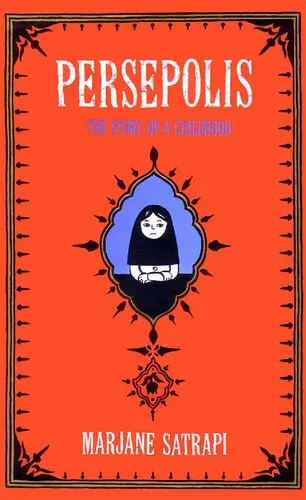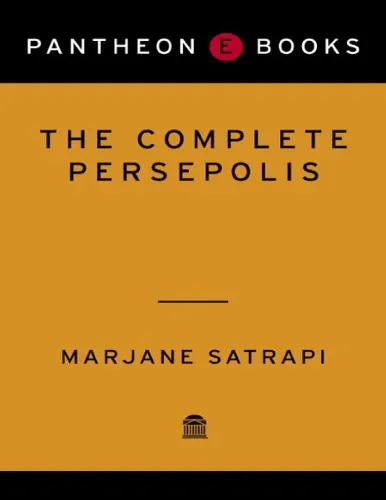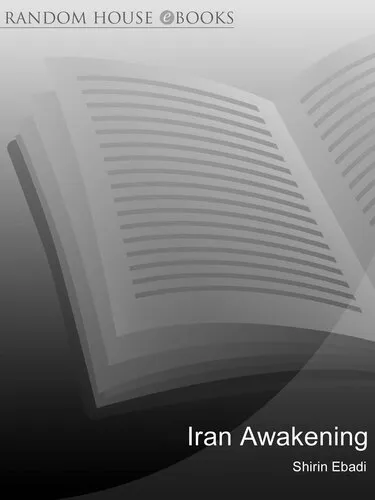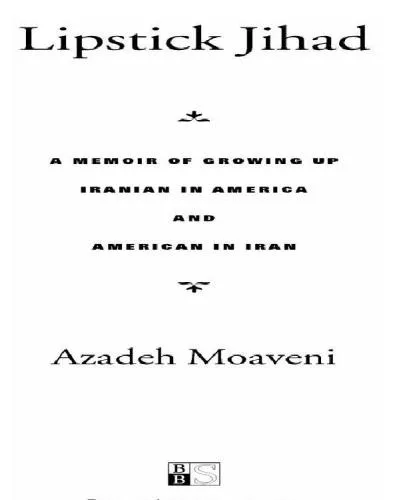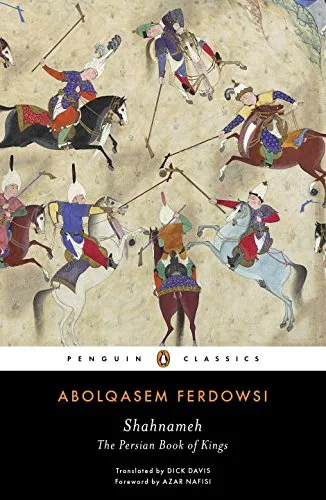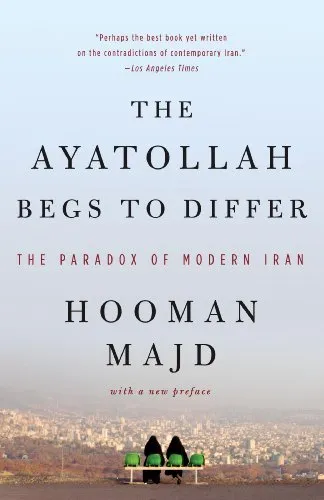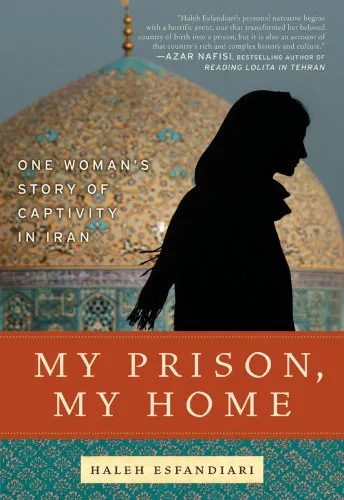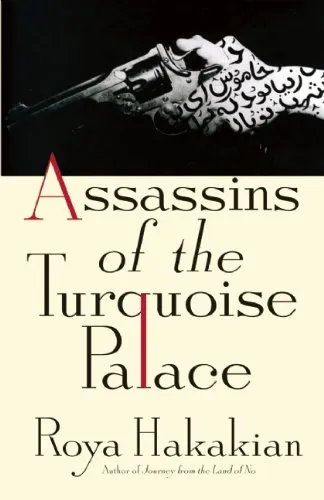Reading Lolita in Tehran: A Memoir in Books
3.6
Reviews from our users

You Can Ask your questions from this book's AI after Login
Each download or ask from book AI costs 2 points. To earn more free points, please visit the Points Guide Page and complete some valuable actions.Related Refrences:
Persian Summary
Introduction
'Reading Lolita in Tehran: A Memoir in Books' is a profound exploration of the transformative power of literature. Authored by Azar Nafisi, the book recounts her experiences as a literature professor in post-revolutionary Iran, where she gathered select students at her home to discuss literary classics. This memoir intricately weaves discussions of Western literature with the oppressive sociopolitical climate of Iran, highlighting the resilience of the human spirit and the enduring power of storytelling.
Detailed Summary of the Book
In 'Reading Lolita in Tehran,' Azar Nafisi provides a poignant look at the lives of women in Iran during the late 1990s. This memoir is set against the backdrop of a society that mandates strict adherence to Islamic law, affecting every aspect of life, especially for women. Nafisi, deeply passionate about literature, organizes a private literature class for a select group of her female students, offering them sanctuary from the harsh reality of daily life under a repressive regime.
The book is cleverly structured around the literature they discuss, divided into four main sections: 'Lolita,' 'Gatsby,' 'James,' and 'Austen.' These books provide a thematic frame for Nafisi’s narrative. Each section reflects on characters and scenarios from the novels in parallel to the personal struggles and aspirations of the women in her class. Through Nabokov’s 'Lolita,' Fitzgerald’s 'The Great Gatsby,' Henry James' novels, and Jane Austen’s 'Pride and Prejudice,' Nafisi illustrates how literature can inspire resistance, hope, and the quest for freedom.
Beyond literature, the memoir offers an insight into the intricate web of contemporary Iranian life, politics, religion, and the profound impact of the Iranian revolution on the personal identity of its citizens, particularly women.
Key Takeaways
- Literature as Liberation: The book showcases literature as more than an academic subject; it serves as a beacon of freedom and self-expression.
- Power of Personal Narratives: Through personal stories, Nafisi emphasizes the importance of owning and sharing one's narrative, especially in oppressive conditions.
- Women’s Resilience: The memoir highlights the strength and resilience of women in the face of systemic oppression and societal constraints.
- Cultural Contrast: It provides insight into the stark contrasts between Western literary values and the sociopolitical narrative of Iran.
Famous Quotes from the Book
"You get a strange feeling when you’re about to leave a place, I told him, like you’ll not only miss the people you love but you’ll miss the person you are now at this time and this place, because you’ll never be this way ever again."
"I left Iran, but Iran did not leave me."
"What we search for in fiction is not so much reality but the epiphany of truth."
Why This Book Matters
'Reading Lolita in Tehran' matters because it brings forth narratives from Iran that are often overlooked or misunderstood. With a compelling mix of memoir and literary criticism, Nafisi sheds light on the capacity of literature to resist authoritarianism and to foster empathy among disparate groups. Her personal account underscores the universal struggle for freedom and the pursuit of educational and intellectual independence. It is a testament to the enduring power of literature to provoke thought, challenge norms, and inspire change across borders and cultures.
Free Direct Download
You Can Download this book after Login
Accessing books through legal platforms and public libraries not only supports the rights of authors and publishers but also contributes to the sustainability of reading culture. Before downloading, please take a moment to consider these options.
Find this book on other platforms:
WorldCat helps you find books in libraries worldwide.
See ratings, reviews, and discussions on Goodreads.
Find and buy rare or used books on AbeBooks.
1863
بازدید3.6
امتیاز0
نظر98%
رضایتReviews:
3.6
Based on 0 users review
Questions & Answers
Ask questions about this book or help others by answering
No questions yet. Be the first to ask!



